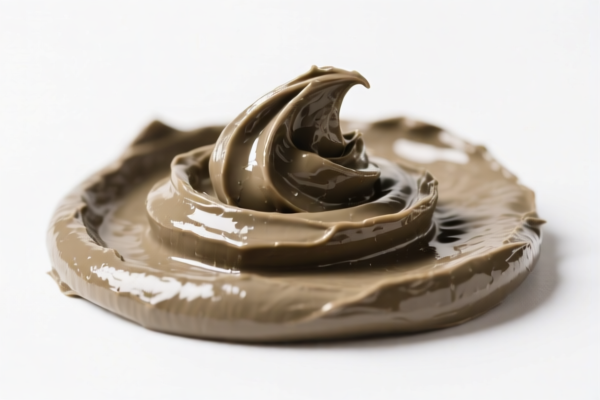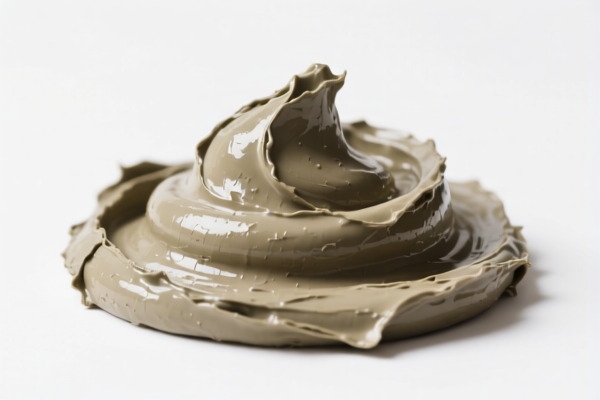| HS Code | Official Doc | Tariff Rate | Origin | Destination | Effective Date |
|---|---|---|---|---|---|
| 3824500050 | Doc | 55.0% | CN | US | 2025-05-12 |
| 3909502000 | Doc | 57.1% | CN | US | 2025-05-12 |
| 3909505000 | Doc | 61.3% | CN | US | 2025-05-12 |
| 3909390000 | Doc | 61.5% | CN | US | 2025-05-12 |
| 3921135000 | Doc | 59.2% | CN | US | 2025-05-12 |




Product Name: Polyurethane Mortar
Classification: Based on the provided HS codes, the most relevant classification for polyurethane mortar is likely 3909502000 or 3909505000, depending on the specific formulation and form of the product.
🔍 HS Code Analysis and Tax Rates
✅ HS Code: 3909502000
Description:
- Amino resins, phenolic resins and polyurethanes, primary forms, polyurethanes: other, cement
- This code may apply if the polyurethane mortar is in a primary form (e.g., raw material or base resin) and contains cement as a component.
Tariff Breakdown:
- Base Tariff Rate: 2.1%
- Additional Tariff (General): 25.0%
- Special Tariff after April 11, 2025: 30.0%
- Total Tax Rate: 57.1%
✅ HS Code: 3909505000
Description:
- Amino resins, phenolic resins and polyurethanes, primary forms, other
- This code may apply if the polyurethane mortar is in a primary form but not containing cement.
Tariff Breakdown:
- Base Tariff Rate: 6.3%
- Additional Tariff (General): 25.0%
- Special Tariff after April 11, 2025: 30.0%
- Total Tax Rate: 61.3%
⚠️ Other Possible Codes (for reference):
- 3824500050 – Non-refractory mortar and concrete, other types
- Total Tax Rate: 55.0%
- Base Tariff: 0.0%
- Additional Tariff: 25.0%
- Special Tariff after April 11, 2025: 30.0%
-
Note: This code is for traditional mortar, not polyurethane-based.
-
3909390000 – Amino resins, phenolic resins and polyurethanes, primary forms, other
- Total Tax Rate: 61.5%
- Base Tariff: 6.5%
- Additional Tariff: 25.0%
- Special Tariff after April 11, 2025: 30.0%
-
Note: This is a broader category and may apply if the product is not clearly classified under 3909502000 or 3909505000.
-
3921135000 – Other plastic sheets, plates, films, foils and strips, honeycomb: polyurethane: other
- Total Tax Rate: 59.2%
- Base Tariff: 4.2%
- Additional Tariff: 25.0%
- Special Tariff after April 11, 2025: 30.0%
- Note: This is for plastic sheets or films, not suitable for mortar.
📌 Key Considerations for Customs Compliance
- Material Composition: Confirm whether the product is in primary form (e.g., raw polyurethane resin) or finished product (e.g., ready-to-use mortar). This will determine the correct HS code.
- Unit Price: The tax rate may vary depending on the value of the product. Ensure the unit price is correctly declared.
- Certifications: Check if any technical certifications (e.g., safety, environmental compliance) are required for import.
- April 11, 2025, Deadline: Be aware that additional tariffs will increase from 25% to 30% after this date. Plan accordingly for cost estimation and compliance.
- Anti-Dumping Duties: Not applicable for polyurethane mortar, but always verify with the latest customs updates.
✅ Proactive Advice
- Verify the exact composition of the polyurethane mortar (e.g., whether it contains cement or is in primary form).
- Consult with customs brokers or classification experts if the product is a composite or modified version of polyurethane.
- Keep documentation on the production process and material specifications to support the HS code classification.
Let me know if you need help determining the most accurate HS code for your specific product.
Product Name: Polyurethane Mortar
Classification: Based on the provided HS codes, the most relevant classification for polyurethane mortar is likely 3909502000 or 3909505000, depending on the specific formulation and form of the product.
🔍 HS Code Analysis and Tax Rates
✅ HS Code: 3909502000
Description:
- Amino resins, phenolic resins and polyurethanes, primary forms, polyurethanes: other, cement
- This code may apply if the polyurethane mortar is in a primary form (e.g., raw material or base resin) and contains cement as a component.
Tariff Breakdown:
- Base Tariff Rate: 2.1%
- Additional Tariff (General): 25.0%
- Special Tariff after April 11, 2025: 30.0%
- Total Tax Rate: 57.1%
✅ HS Code: 3909505000
Description:
- Amino resins, phenolic resins and polyurethanes, primary forms, other
- This code may apply if the polyurethane mortar is in a primary form but not containing cement.
Tariff Breakdown:
- Base Tariff Rate: 6.3%
- Additional Tariff (General): 25.0%
- Special Tariff after April 11, 2025: 30.0%
- Total Tax Rate: 61.3%
⚠️ Other Possible Codes (for reference):
- 3824500050 – Non-refractory mortar and concrete, other types
- Total Tax Rate: 55.0%
- Base Tariff: 0.0%
- Additional Tariff: 25.0%
- Special Tariff after April 11, 2025: 30.0%
-
Note: This code is for traditional mortar, not polyurethane-based.
-
3909390000 – Amino resins, phenolic resins and polyurethanes, primary forms, other
- Total Tax Rate: 61.5%
- Base Tariff: 6.5%
- Additional Tariff: 25.0%
- Special Tariff after April 11, 2025: 30.0%
-
Note: This is a broader category and may apply if the product is not clearly classified under 3909502000 or 3909505000.
-
3921135000 – Other plastic sheets, plates, films, foils and strips, honeycomb: polyurethane: other
- Total Tax Rate: 59.2%
- Base Tariff: 4.2%
- Additional Tariff: 25.0%
- Special Tariff after April 11, 2025: 30.0%
- Note: This is for plastic sheets or films, not suitable for mortar.
📌 Key Considerations for Customs Compliance
- Material Composition: Confirm whether the product is in primary form (e.g., raw polyurethane resin) or finished product (e.g., ready-to-use mortar). This will determine the correct HS code.
- Unit Price: The tax rate may vary depending on the value of the product. Ensure the unit price is correctly declared.
- Certifications: Check if any technical certifications (e.g., safety, environmental compliance) are required for import.
- April 11, 2025, Deadline: Be aware that additional tariffs will increase from 25% to 30% after this date. Plan accordingly for cost estimation and compliance.
- Anti-Dumping Duties: Not applicable for polyurethane mortar, but always verify with the latest customs updates.
✅ Proactive Advice
- Verify the exact composition of the polyurethane mortar (e.g., whether it contains cement or is in primary form).
- Consult with customs brokers or classification experts if the product is a composite or modified version of polyurethane.
- Keep documentation on the production process and material specifications to support the HS code classification.
Let me know if you need help determining the most accurate HS code for your specific product.
Customer Reviews
No reviews yet.